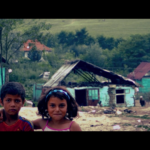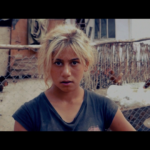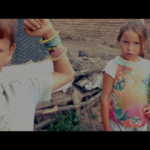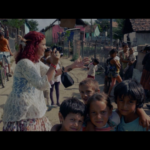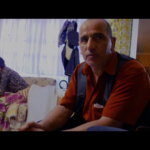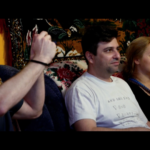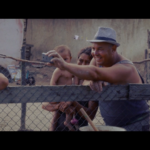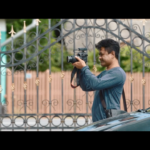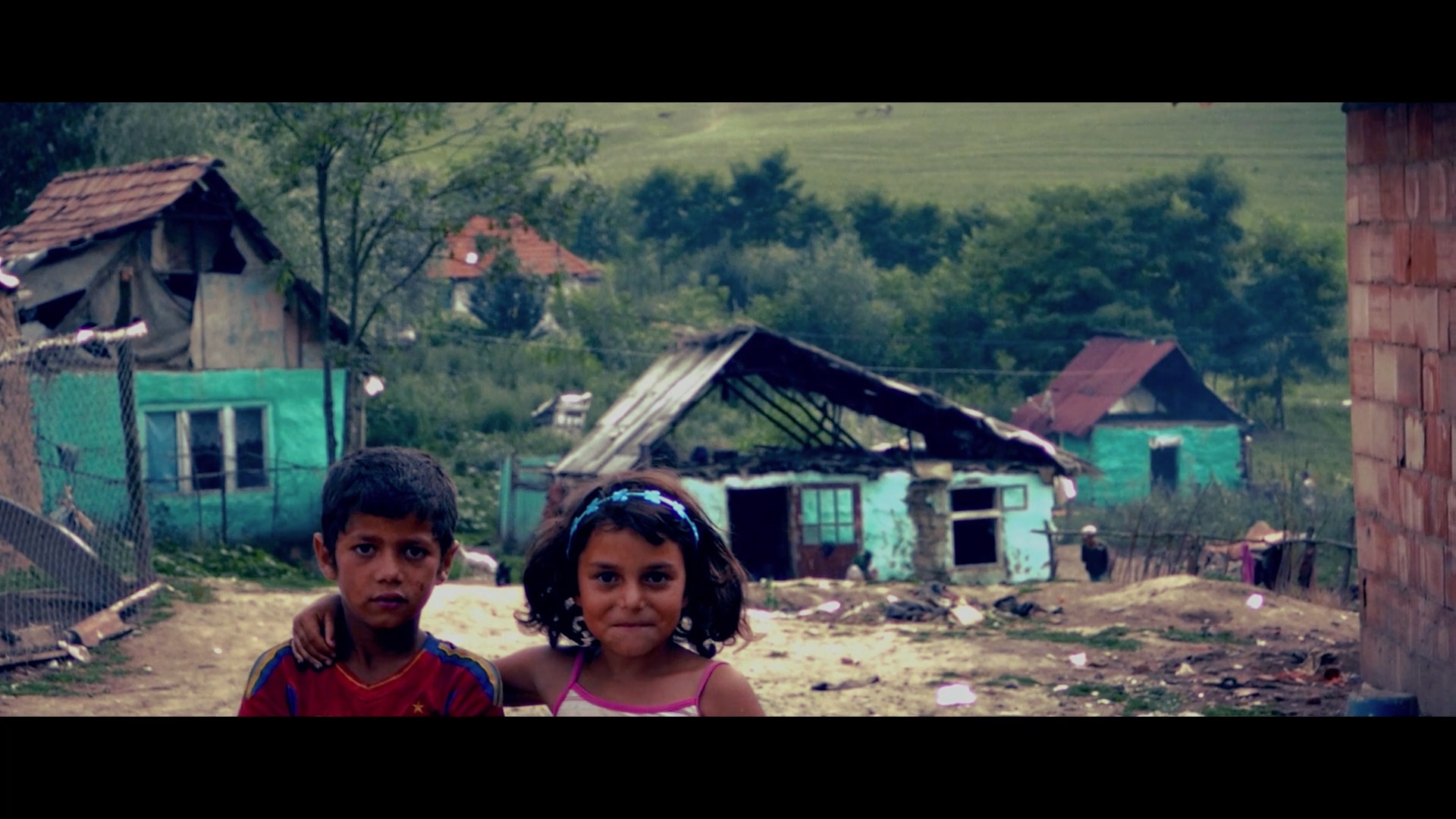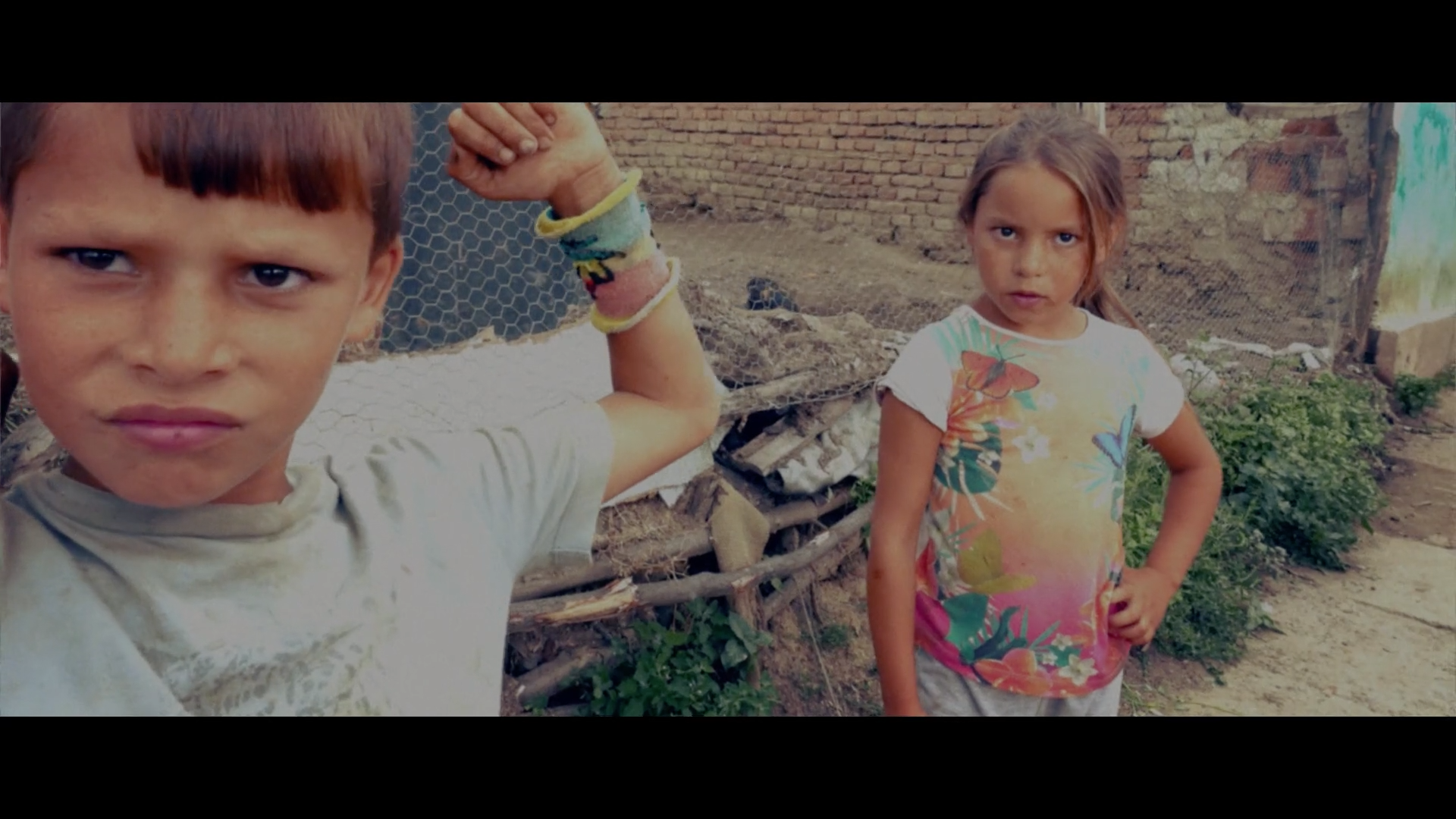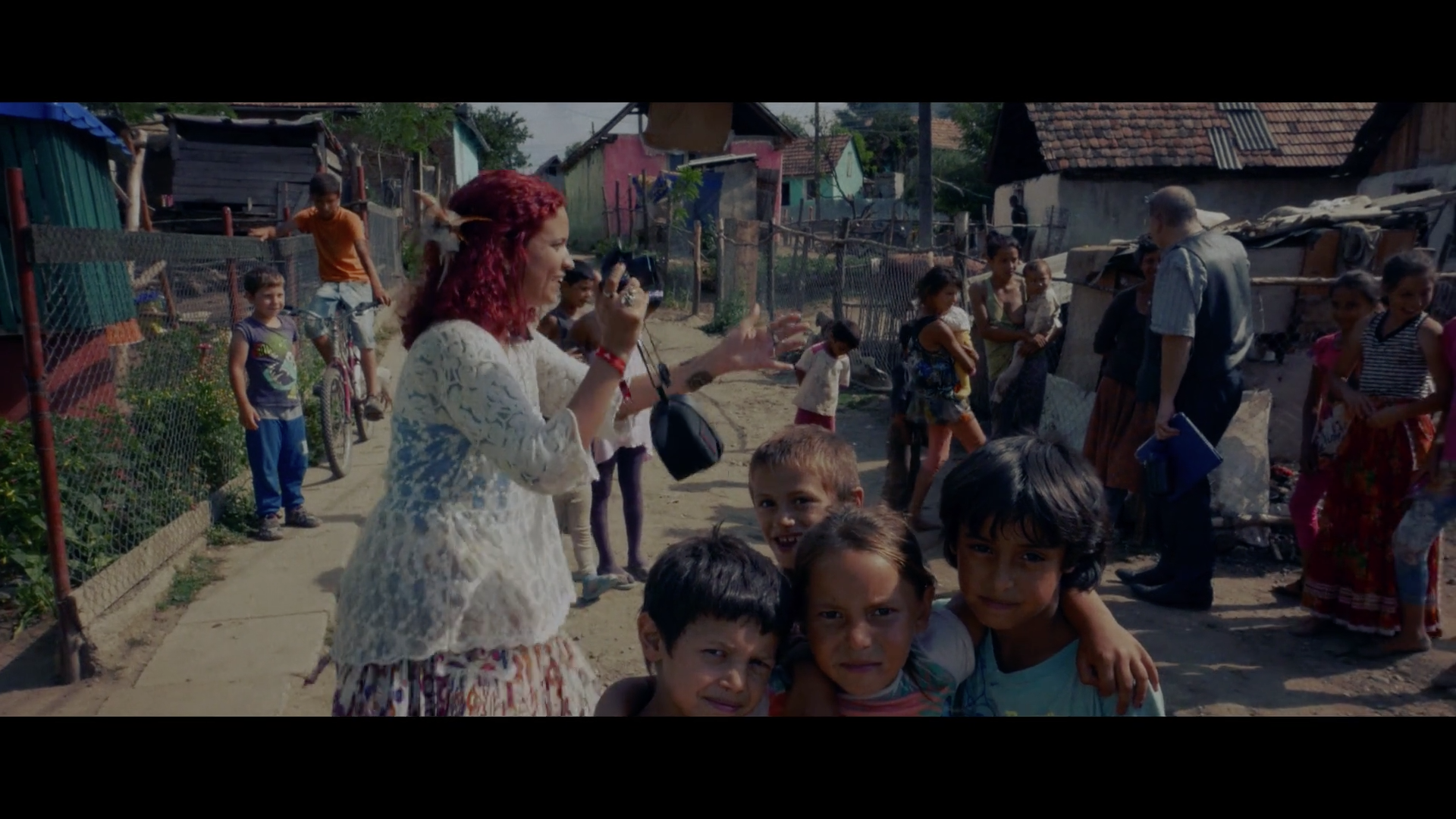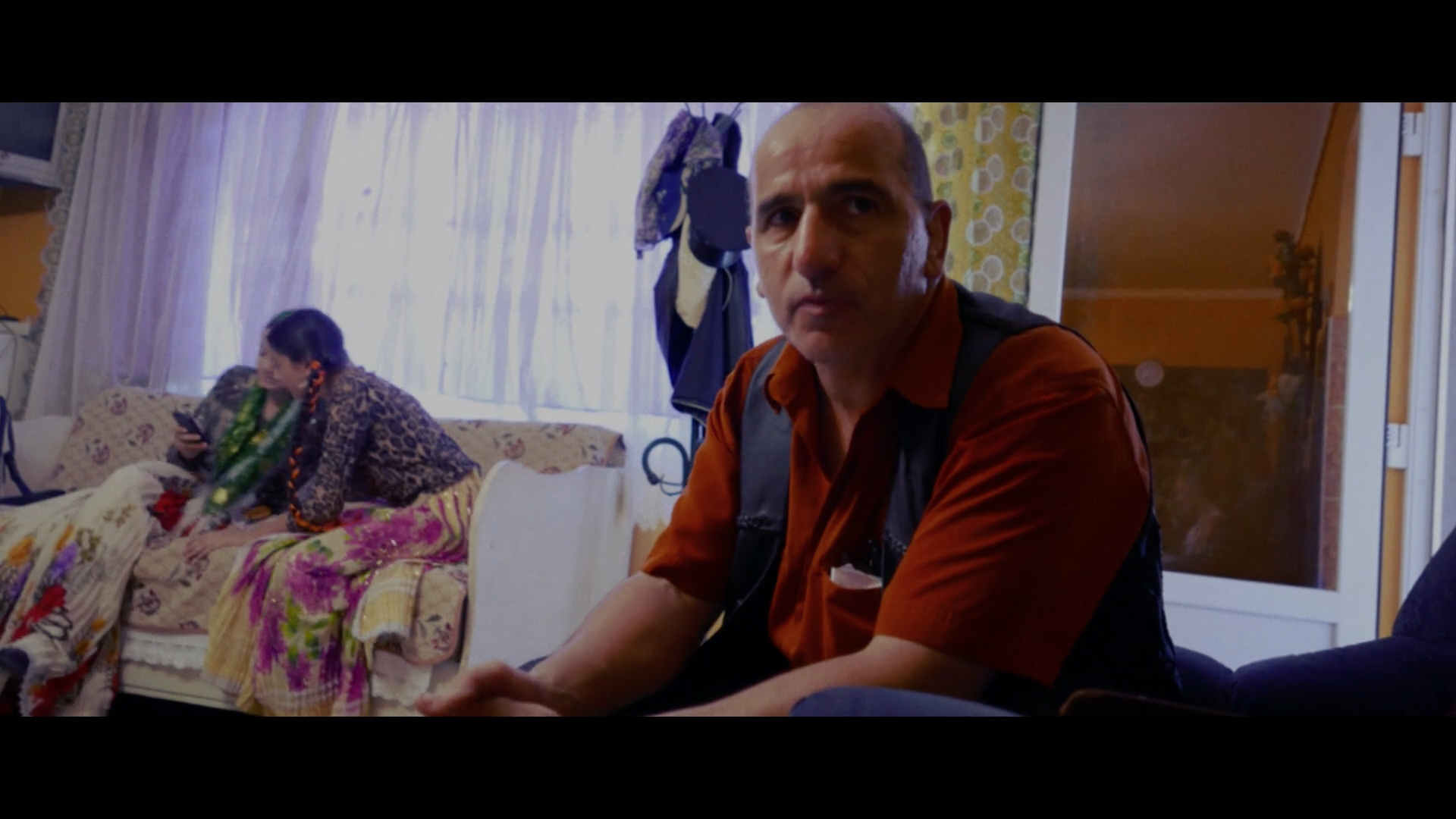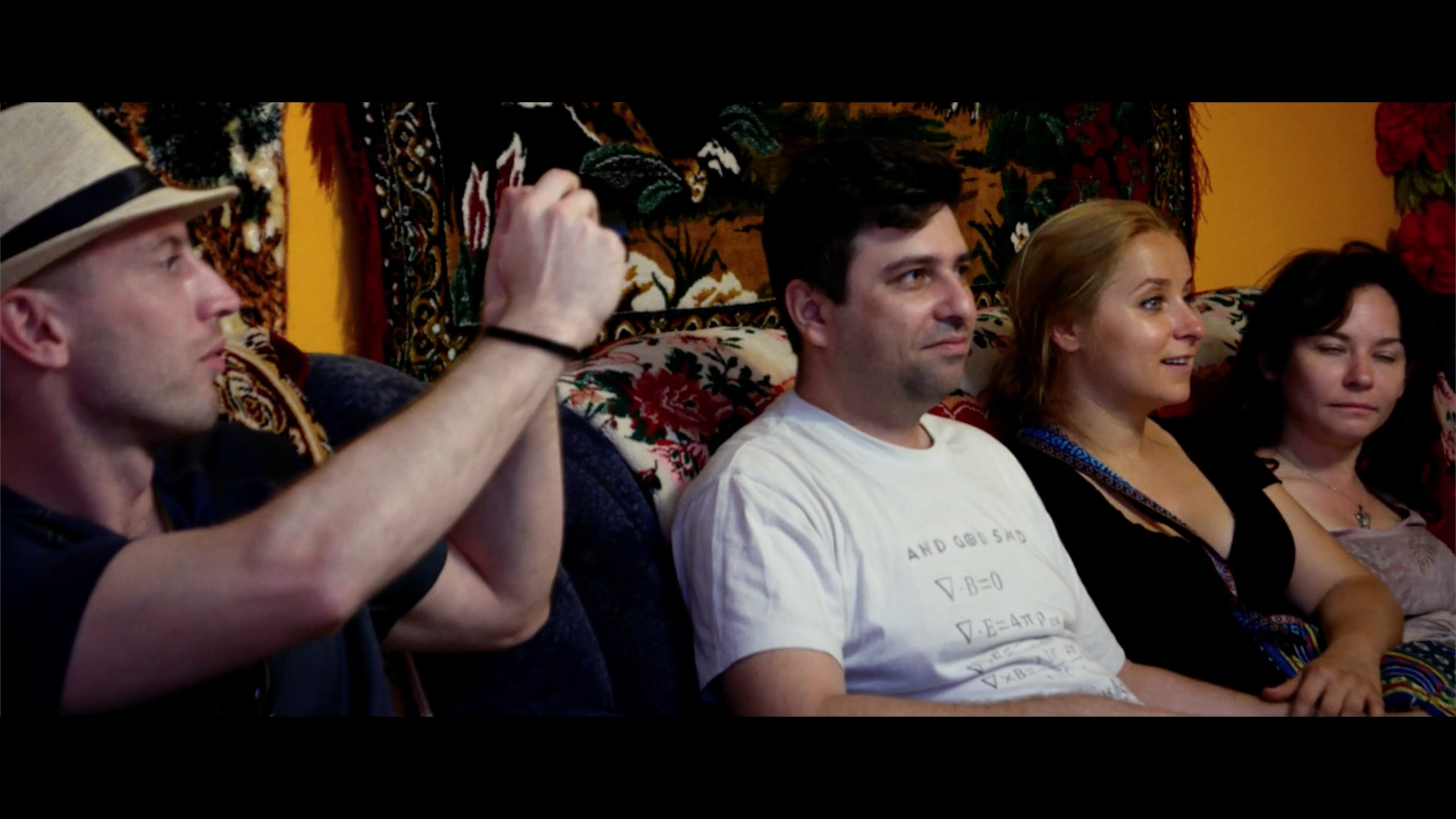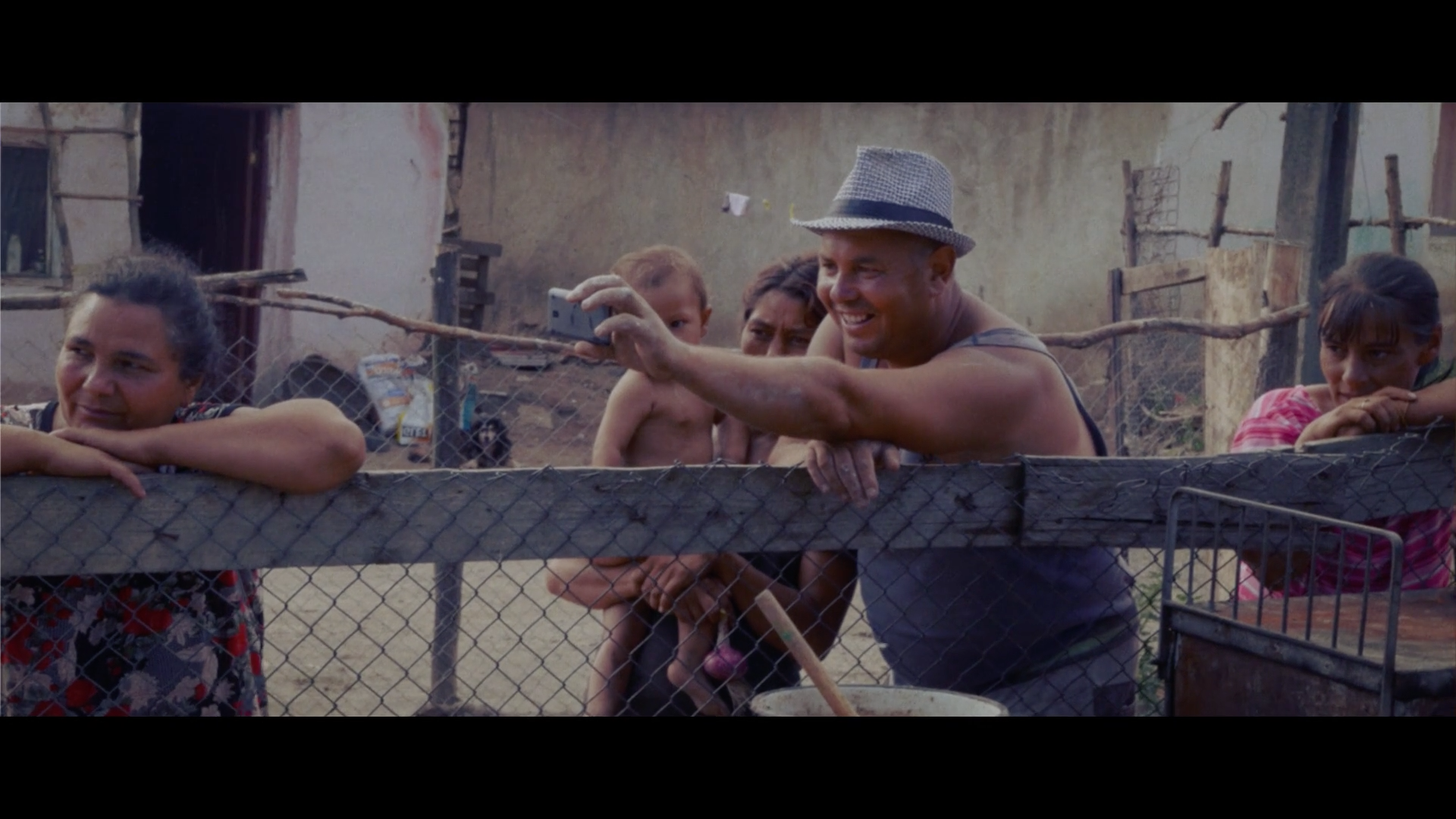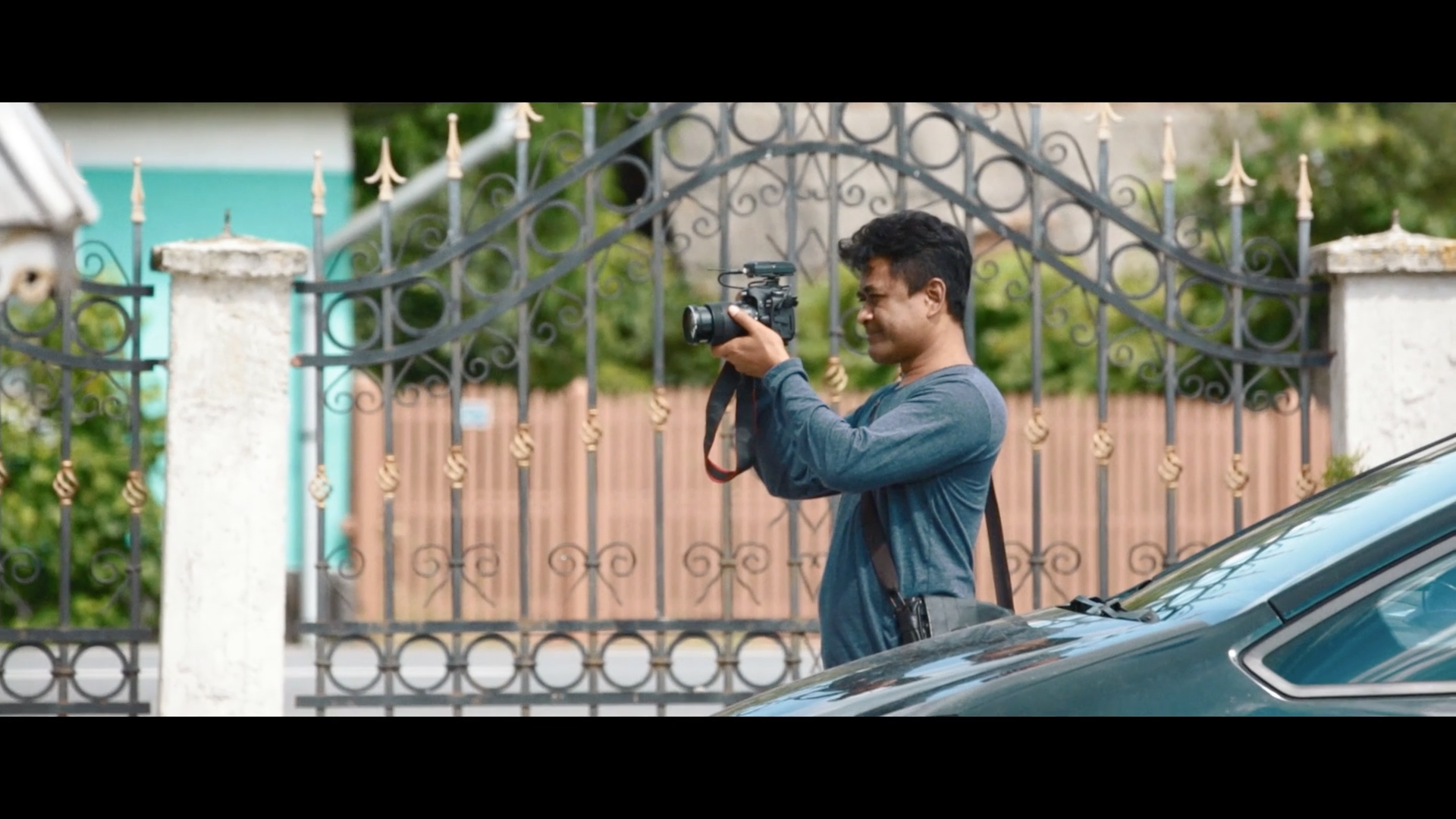Film is a medium prone to othering because it is highly visual, about seeing and being seen. And because it was almost always expensive to make films, the visual coding is highly shaped by the white male view—as John Berger’s famous quote, “Men look at women. Women watch themselves being looked at,” implies. Although things were not always this way and have changed a lot in recent decades, above all in the digital age, established ways of looking still prevail and—in the context of our highly visualized culture—images bear even more power. How can we change the way people look at an other?
- Still from Looking at Others, directed by Dennis Stormer & Anda Puşcaş
- Still from Looking at Others, directed by Dennis Stormer & Anda Puşcaş
- Still from Looking at Others, directed by Dennis Stormer & Anda Puşcaş
- Still from Looking at Others, directed by Dennis Stormer & Anda Puşcaş
- Still from Looking at Others, directed by Dennis Stormer & Anda Puşcaş
- Still from Looking at Others, directed by Dennis Stormer & Anda Puşcaş
- Still from Looking at Others, directed by Dennis Stormer & Anda Puşcaş
- Still from Looking at Others, directed by Dennis Stormer & Anda Puşcaş
At the German film festival goEast, a festival of central and eastern European film, we, supported by the foundation Remembrance, Responsibility and Future, try to raise awareness not only on the audience’s side through gender, race, and culturally sensitive programming and curating, but also directly with the filmmakers themselves. OPPOSE OTHERING! is the most recent of goEast’s projects for young professionals, having existed since 2016. Here, filmmakers collaborate under the credo of “Solidarity, Belonging and Empowerment Through Film.”
The project consists of three parts: OO! Tandem, OO! Ally, and OO! Network. At OO! Tandem, goEast connects twenty filmmakers from different countries in bi-national teams of two. These tandems present ten joint film projects on the topic of othering and belonging, attend lectures, and develop their projects further in workshops and training sessions. After the tandems pitch their films, a jury decides and enables the production of five projects over the course of the following year.
Among the OO! Tandem are films such as voices, a documentary about transgender men and women in Germany and Russia, who train their voices in order to “pass” and be publicly accepted. At the same time, the film gives them a voice—by making their efforts visible and airing their voices in transit—making them heard and seen in public. Both of the filmmakers studied film and defy heterosexual norms, as seen in this trailer.
Another example is the film JOŽKA about a retired miner and member of the Czech Roma community, who is fighting a seemingly hopeless fight against the pig farm built on the site of the former concentration camp, Lety u Písku. Here, during the Protectorate of Bohemia and Moravia, hundreds of Roma were killed. The film team consists of a German-Kosovar Romani activist and a Slovak anthropologist.
Other projects include the docs-fiction ANOTHER DAY/ALJONA, about the pressure that a lesbian young woman experiences in Russia because of her sexual identity, but also as a woman. The documentary BELONGING follows a deaf boy in Sarajevo and his efforts to integrate into his school class; the short film LOOKING AT OTHERS examines the relationship between the inhabitants of a Roma village in Romania and the tourists that visit the village with Tzigania Tours, an American-run travel agency, “because when do you have the chance to drink a coffee with a gypsy?” All the films explore othering and approaches to belonging from different angles. Some strategies of belonging portrayed in the different films are doomed to fail, others are quite successful.
The second part of OPPOSE OTHERING! are the OO! Ally, a curated platform for completed films, animations, web or music videos, documentaries, clips, video art, and other formats that oppose othering and promote belonging and empowerment. The OO! Allies can encompass solidarity, belonging, and empowerment globally because it does not have the regional restrictions of an OO! Tandem film. Among them are vloggers like Jessica Kellgren-Hayes, a deaf, lesbian TV presenter from the United Kingdom, and BAYCAT from San Francisco.
All of the films, be it an OO! Ally or Tandem film, can be watched at OPPOSE OTHERING!, which will be extended over the course of the next years to provide a true platform for exchange and collaboration.
Last but not least, the third part of OPPOSE OTHERING! is the OO! Network. Here, festivals that share goEast’s interest in promoting belonging and inclusion connect with us and screen OO! films in their programs. Connecting to local nongovernmental organizations fighting every day for OO! causes is one crucial way we learn about what is going on in various communities in their countries.
Using the means we have—helping filmmakers make and promote the films that matter to their hearts, being a source of information and enlightenment for interested people—is our answer to othering. By means of the OO! Tandem, we hope to help build bridges between nations and between communities that may live next to each other but remain unknown to each other.
The film Looking at Others is, in fact, the most ambivalent one concerning the topic of othering. Access the teaser.

